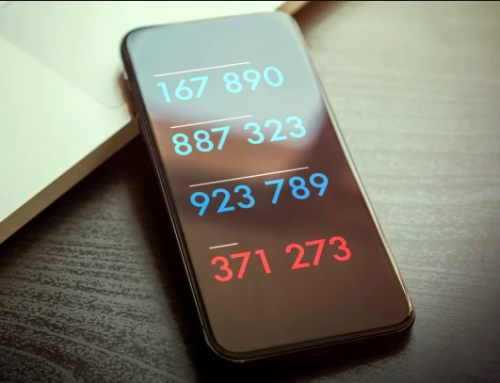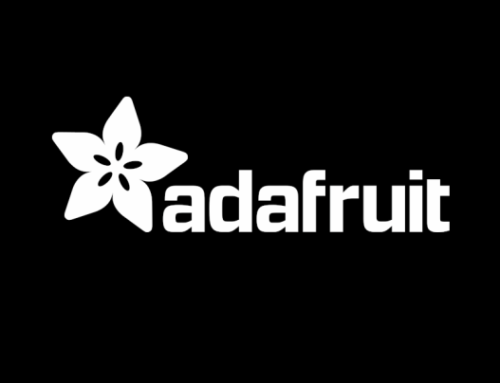Instagram copyright infringment scams – don’t get sucked in!
If you create any sort of online content at all – even if you’re just a once-in-a-while blogger or an occasional social media user – you almost certainly know how easy it is for other people to rip off your material and present it as their own.
We’re not talking about links, shares, retweets, and so on, which are legitimate ways for people to re-promote your work.
We’re referring to outright scraping, copying or republishing of your original content by someone else, as though they created the material themselves…
…without ever bothering to ask for permission.
At the same time, you’ll also know how easy it is to end up accused of copyright wrongdoing yourself, even if you’re always careful only to use third-party material in accordance with the original creator’s licensing guidelines.
So, given the frequent argy-bargy that surrounds online copyright issues, many social networks have established formal procedures for making complaints and appealing against takedowns.
Instagram’s procedures, for example, are listed in some detail on its official help page, which explains both how to complain if you think you’ve been ripped off, and how to respond if you’ve been falsely accused.
Enter cybercrime
As you can imagine, cybercriminals have learned how to use copyright infringement notices as bait in phishing scams.
By pretending to be a social network such as Instagram, they try to scare you into thinking that there’s an official copyright complaint against you..
…whilst at the same time giving you a quick and easy way of replying with a counter-claim of your own.
The criminals know that the complaint is totally bogus, and they know that you know it’s bogus.
But instead of leaving you to figure out that it’s bogus because there was no complaint in the first place, they trick you into thinking that the complaint was real, but that the bogus part was the accusation made by the complainer.
To do this, they don’t accuse you themselves, and they don’t threaten to sue; instead, they offer you an easy way to “prove” your “innocence” by providing a link to object to the “complaint”.
While we hope that you’d spot an email scam of this sort right away, we have to admit that some of the copyright phishes we’ve received in recent weeks are much more believable – and better spelled, and more grammatical – than many of the examples we’ve written about before.







